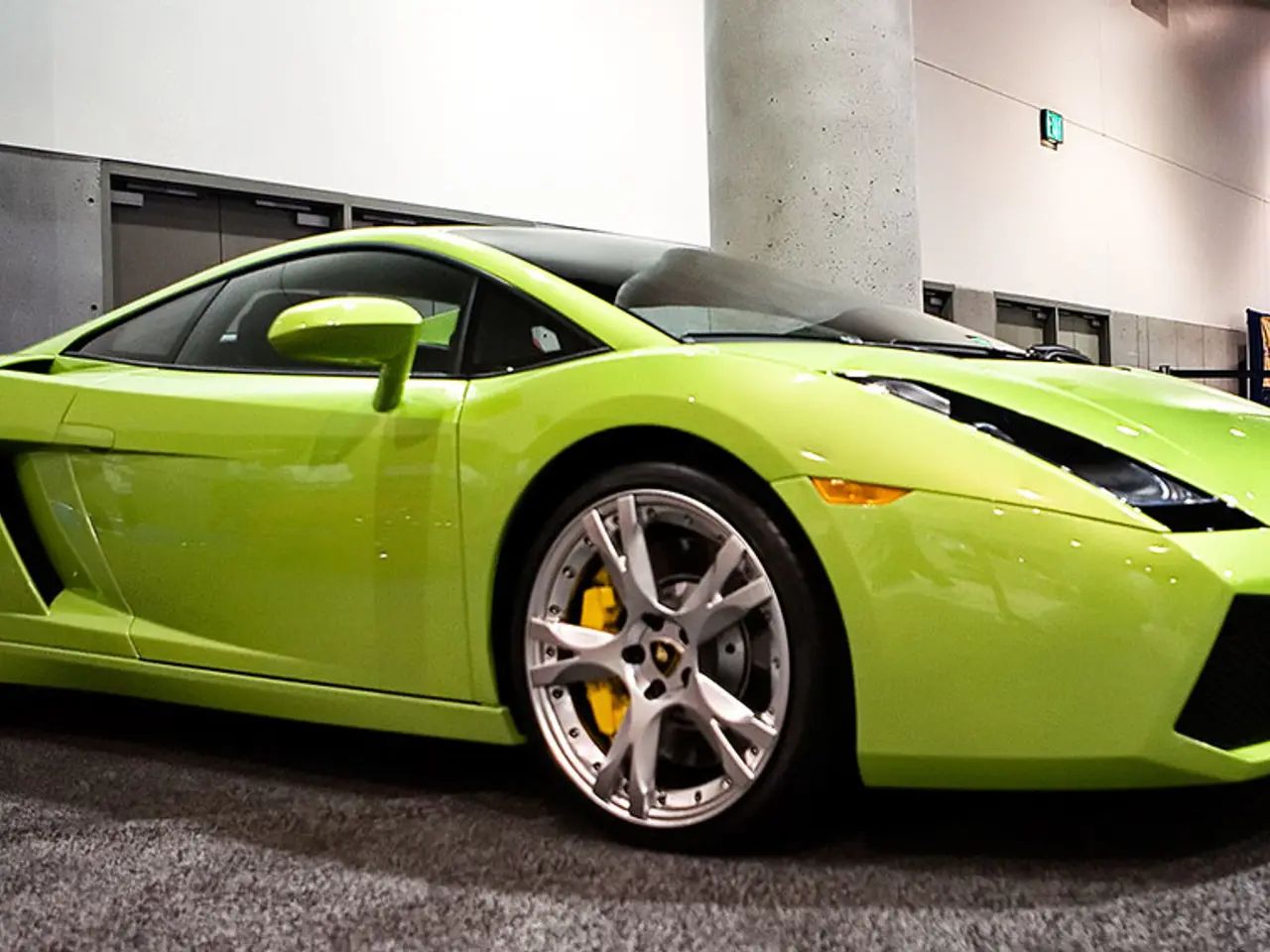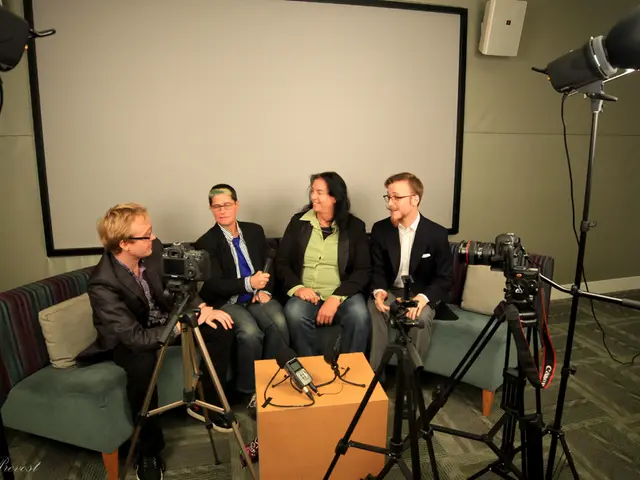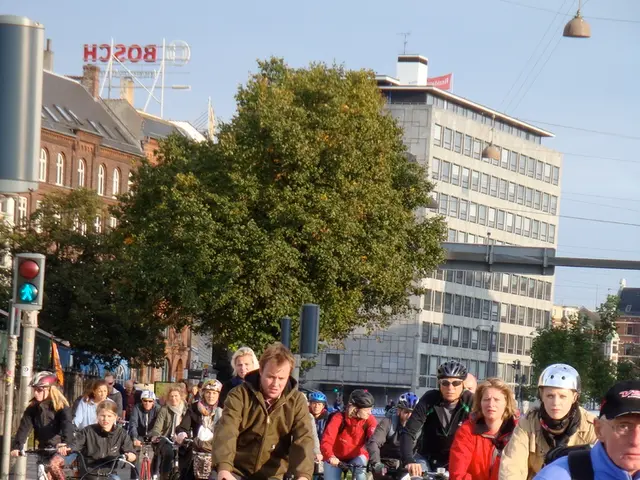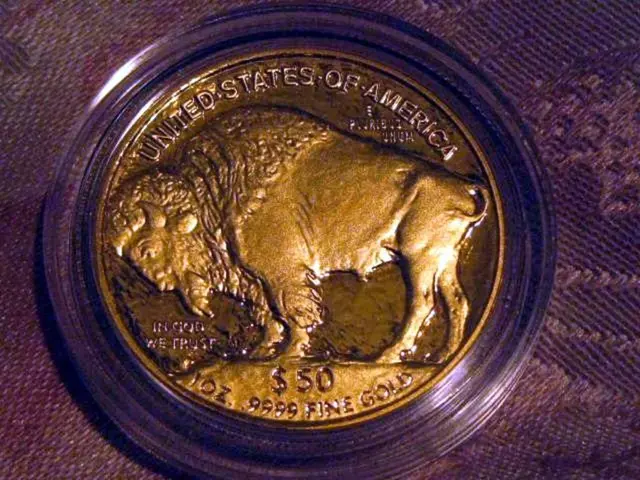countries like Malaysia may face lag without major events such as the Formula One Grand Prix, asserted the former head of Sepang International Circuit
Datuk Razlan Razali, the former Sepang International Circuit (SIC) chief, has expressed his belief that it's time for Malaysia to reconsider hosting the Formula One Grand Prix (F1 GP) once again. However, he emphasises that the government must have the necessary resources and a well-thought-out plan.
The responsibility of planning for a potential F1 GP return falls under the Malaysian government, specifically the Sports Minister, Hannah Yeoh. Yet, due to the high costs involved—estimated at approximately 300 million Ringgit (71 million USD) per year—the government has currently ruled out a return.
Razlan insists on a clear return on investment and a minimum five-year agreement as essential conditions for any potential F1 GP return. He suggests that funding for athlete development programs and hosting the F1 GP can be managed separately with the right resources and planning.
Razlan's sentiments are shared by international fans and drivers, who miss the Sepang circuit. However, Malaysia is currently behind its neighbours in attracting such mega international events, with Singapore having firmly established itself as a premier F1 GP destination.
Thailand, on the other hand, is pursuing both F1 GP and MotoGP events. MotoGP, Malaysia's biggest international sporting event, attracts over 160,000 fans annually.
Since the withdrawal of the F1 GP in 2017 due to rising costs and falling ticket sales, Razlan and the SIC board recommended a five-year break. He acknowledges the challenge of competing with Singapore's efficiency but believes that Malaysia remains attractive to F1 GP organisers.
Razlan advocates for a government-led, cross-ministry approach, backed by an independent economic impact study, for a potential return to the F1 GP. He warns against letting nostalgia for the F1 GP dictate the decision, emphasising the importance of proper implementation.
The F1 GP, according to Razlan, is a long-term investment with broad economic returns, not just an annual expense. He believes that mega international events, such as the F1 GP, should be part of Malaysia's tourism and economic strategy to stay competitive.
In recent years, the F1 GP has been revitalized under Liberty Media and boosted in popularity by Netflix's Drive to Survive. Razlan's call for reconsideration comes at a time when the global interest in F1 is at an all-time high.
Youth and Sports Minister Hannah Yeoh, however, has recently ruled out bringing back the mega race event, citing high costs. As the conversation continues, it remains to be seen whether Malaysia will once again host the Formula One Grand Prix.
Read also:
- Stopping Osteoporosis Treatment: Timeline Considerations
- Tobacco industry's suggested changes on a legislative modification are disregarded by health journalists
- Trump's Policies: Tariffs, AI, Surveillance, and Possible Martial Law
- Expanded Community Health Involvement by CK Birla Hospitals, Jaipur, Maintained Through Consistent Outreach Programs Across Rajasthan








